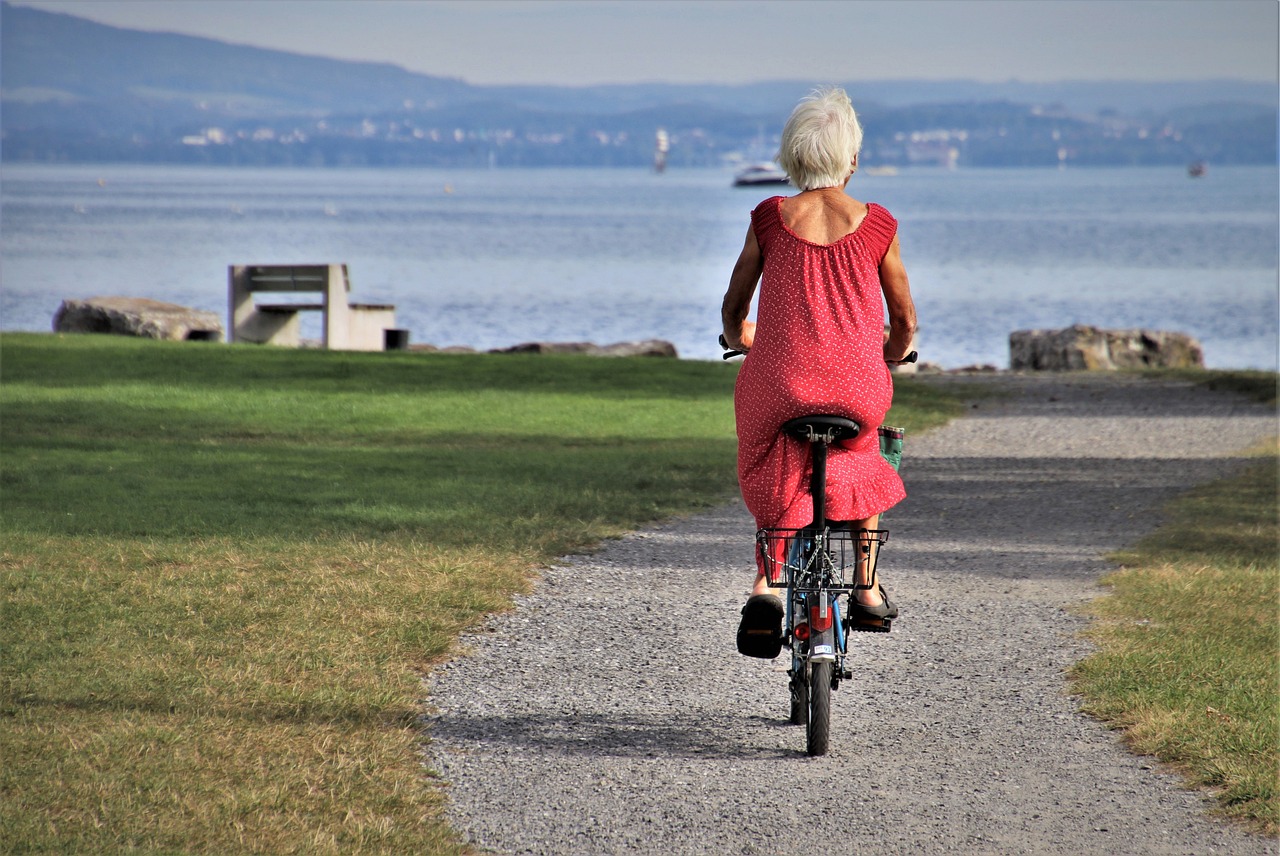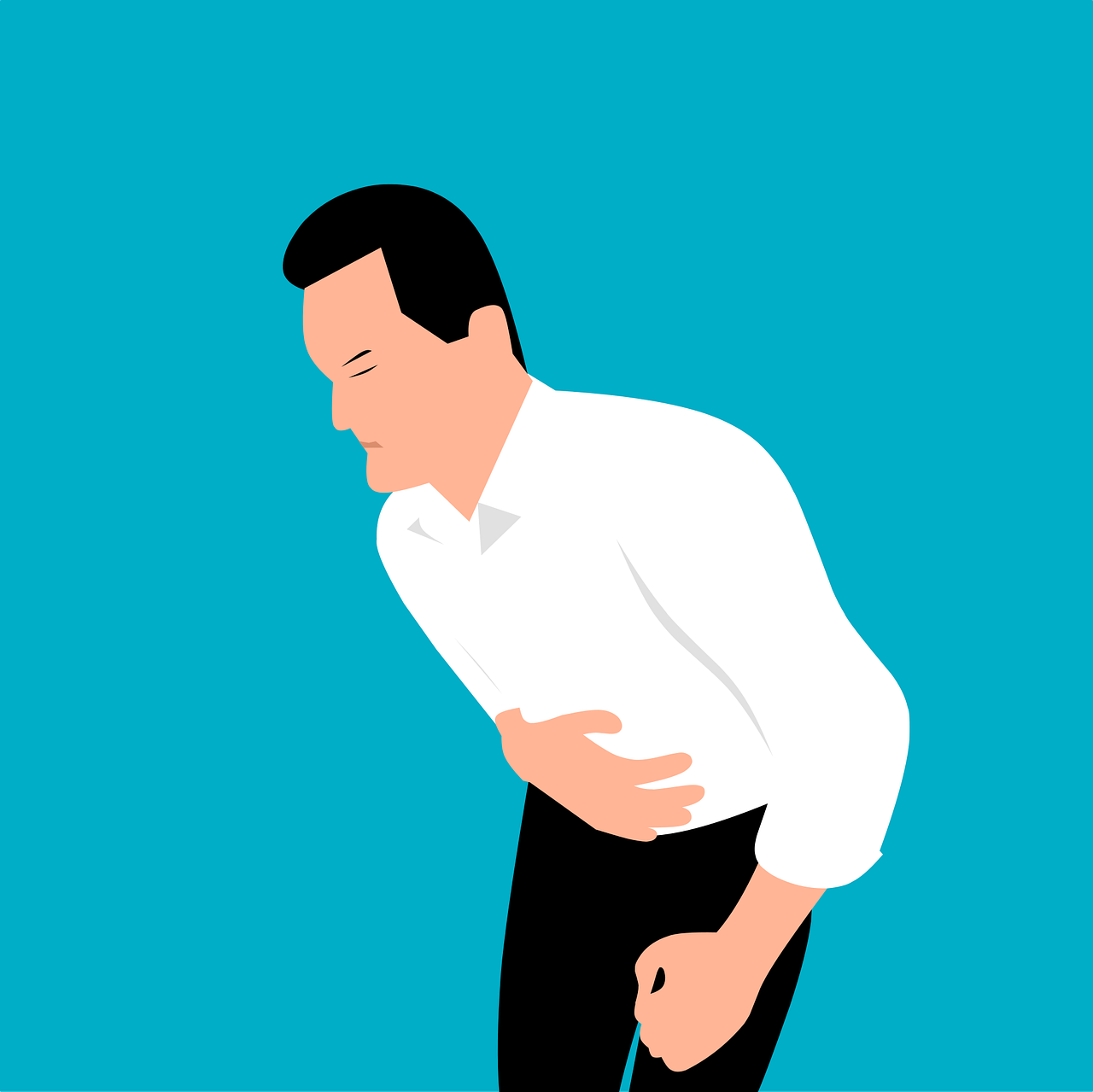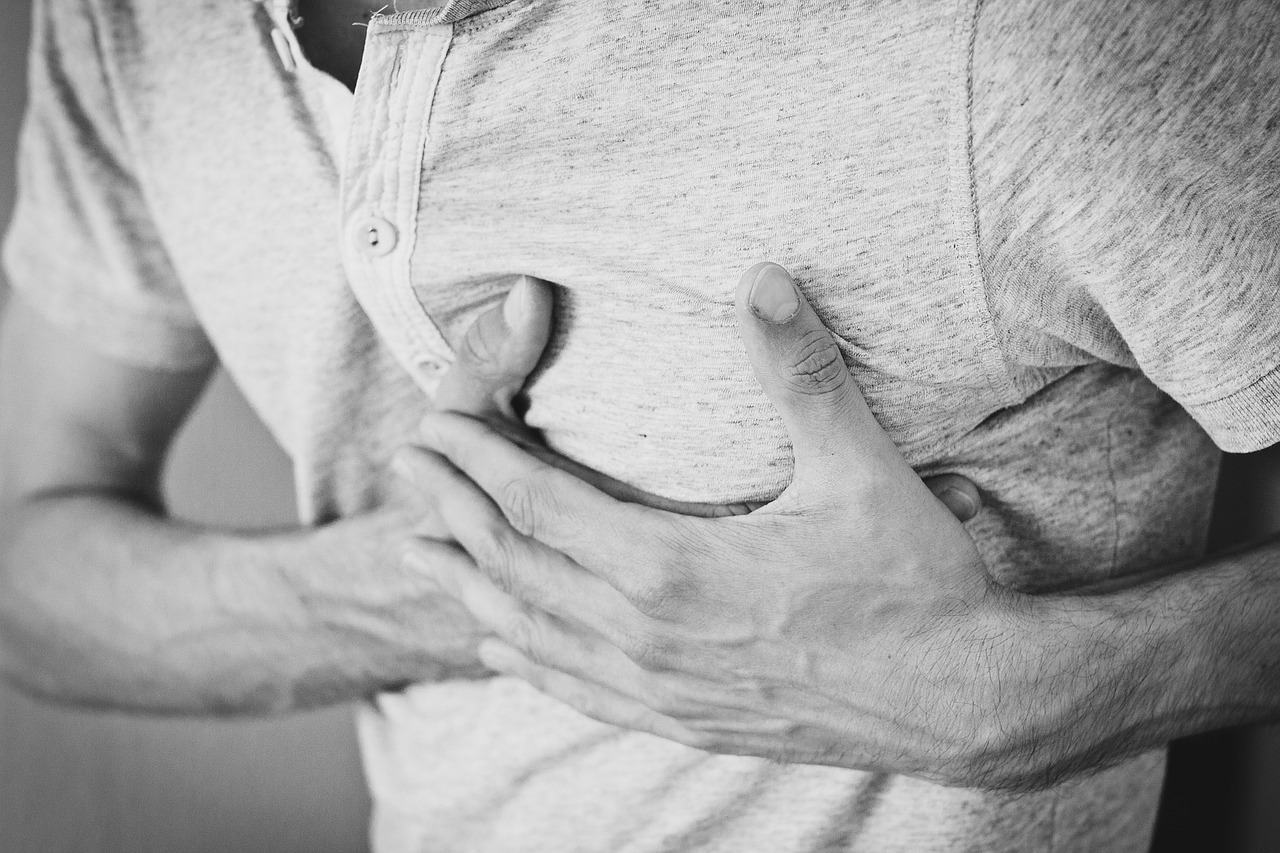In the autumn and winter seasons, there is a big temperature difference between morning and evening, and the elderly, with the increase of age, various functions and tissues and organs are gradually declining, the ability to perceive changes in temperature is weakened, and the ability to adapt to the decline of the special disease have put forward the requirements of the science of fitness.
Elderly people hope to achieve the fitness to get rid of diseases, disease prevention and anti-aging, and prolong life through exercise. Although sports are good for physical and mental health, but the elderly to carry out sports can not only rely on the subjective will of the enthusiasm of the moment, eager to achieve, blindly do. Otherwise, often contrary to expectations, not only can not achieve the desired results, a little carelessness will occur sports injuries, resulting in adverse consequences will be too late to regret. Therefore, the elderly fitness exercise must pay attention to the scientific exercise methods, it is recommended that the elderly exercise fitness to comply with the following principles:
01 Exercise programs should be appropriate
In the fall and winter season, when the elderly fitness exercise, it is appropriate to engage in endurance projects, and should not be carried out speed projects. In the endurance fitness program elderly people can choose to exercise programs are fast walking, jogging, swimming, cycling, hiking, square dance and so on. Conditions can also play badminton, gate ball and so on. In addition to China’s traditional sports programs, eight brocade, taijiquan, taiji sword, softball and other projects are also a good choice. However, it should be noted that, while carrying out endurance fitness exercise, a certain degree of strength exercise should also be carried out appropriately to alleviate the decline of the muscle power of the elderly and improve the self-care ability of the elderly.
02 Step-by-step to keep in mind
In the early stage of exercise, the exercise load and exercise volume should be small, and then gradually increase and reach the appropriate exercise load and exercise volume after the exercise to adapt to the exercise load and exercise volume. After a period of exercise, if you feel hot and slightly sweaty when exercising, and feel relaxed and comfortable after exercise, and have a good appetite and sleep, it means that the exercise load and exercise volume are appropriate. Exercise movements should be from easy to difficult, from simple to complex, from slow to fast, time to gradually increase. When the elderly exercise, can be used to exercise immediately after the pulse changes and recovery time to control the amount of exercise. The appropriate amount of exercise for the elderly can be used to control the heart rate “170 – age” this formula to grasp, for example, 60-year-old people immediately after exercise pulse reached 110 times / min, 5 ~ 10 minutes within the pulse to return to the level of quiet time, it shows that the exercise load is more appropriate.
03 Regular exercise without slacking off
Fitness exercise must be consistent. Exercise should not be less than 2 ~ 3 times a week, each exercise should not be less than 30 minutes. At the same time, it is necessary to reasonably arrange the exercise time, and develop a good habit of exercising on time. Only this kind of exercise can make good changes in body structure and function, and enhance physical and mental health.
04 Plan according to the individual
Older people should do a comprehensive physical examination before exercise. Through the examination, you can understand your own health condition and the function level of each organ. According to age, gender, physical characteristics, health status, exercise foundation and exercise habits to choose the most suitable exercise program, and develop a reasonable exercise plan, to be different from person to person.
05 Self-monitoring don’t forget
Elderly people participating in physical exercise should strengthen medical supervision. They should learn to observe and record their own pulse, blood pressure and health condition so as to carry out self-supervision, prevent over-fatigue, avoid sports injuries and improve the effect of exercise and health level. When exercising, attention should be paid to arranging short breaks appropriately, and preparatory and organizing activities should be done carefully before and after exercise. The atmosphere of exercise for the elderly should be relaxed, pleasant and active, and they should try to avoid doing breath-holding movements and taking part in mentally over-stressed competition activities. If the pulse is too fast or too slow, or becomes irregular during exercise, they should stop exercising and go to the hospital for examination. If you have a cold or other diseases, or if you are overly tired, you should suspend your exercise and have timely treatment or rest.
In short, for the elderly, hard exercise is of course a good thing, but also to pay attention to ways and means, especially in winter, must do step by step, according to the strength, so as not to instead jeopardize their health.


